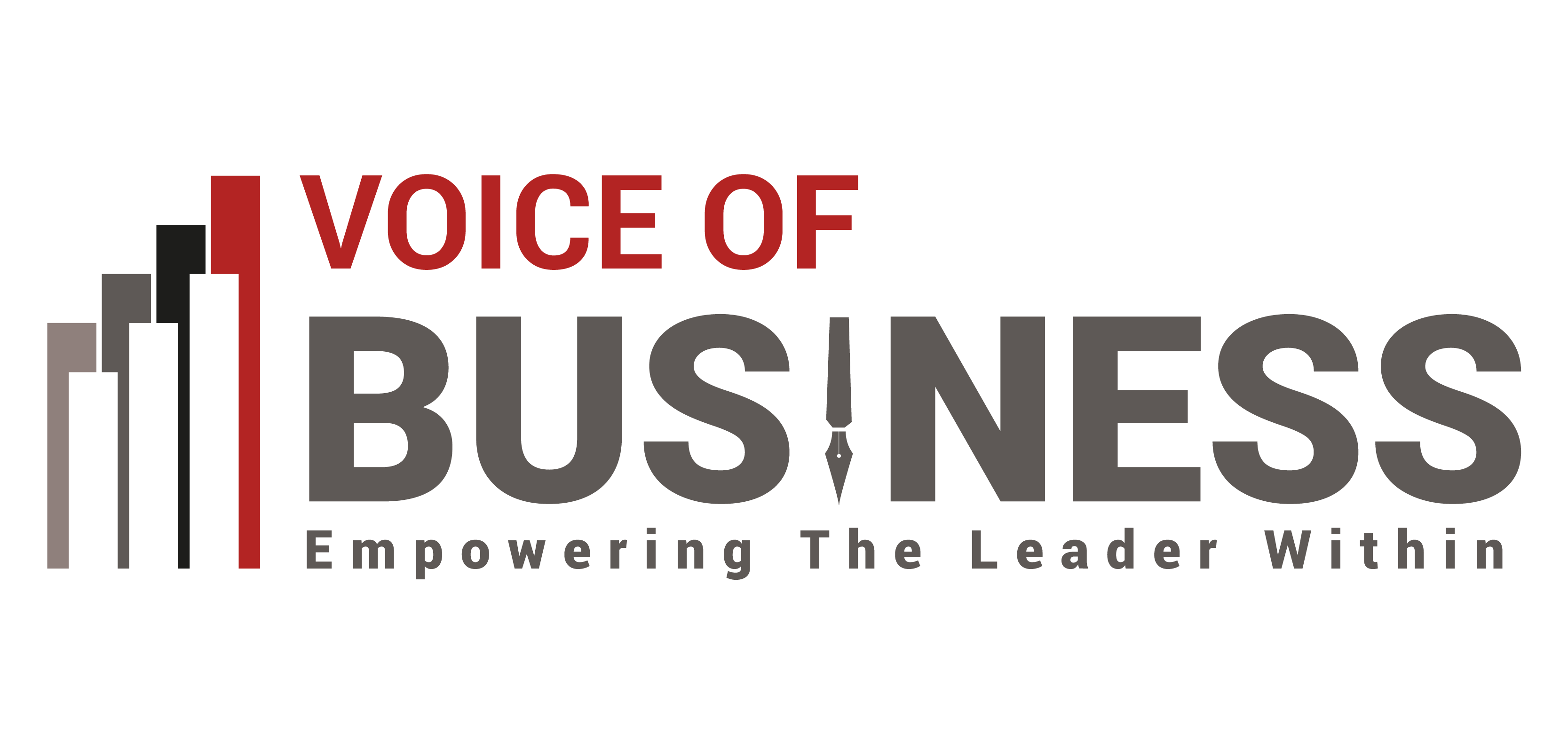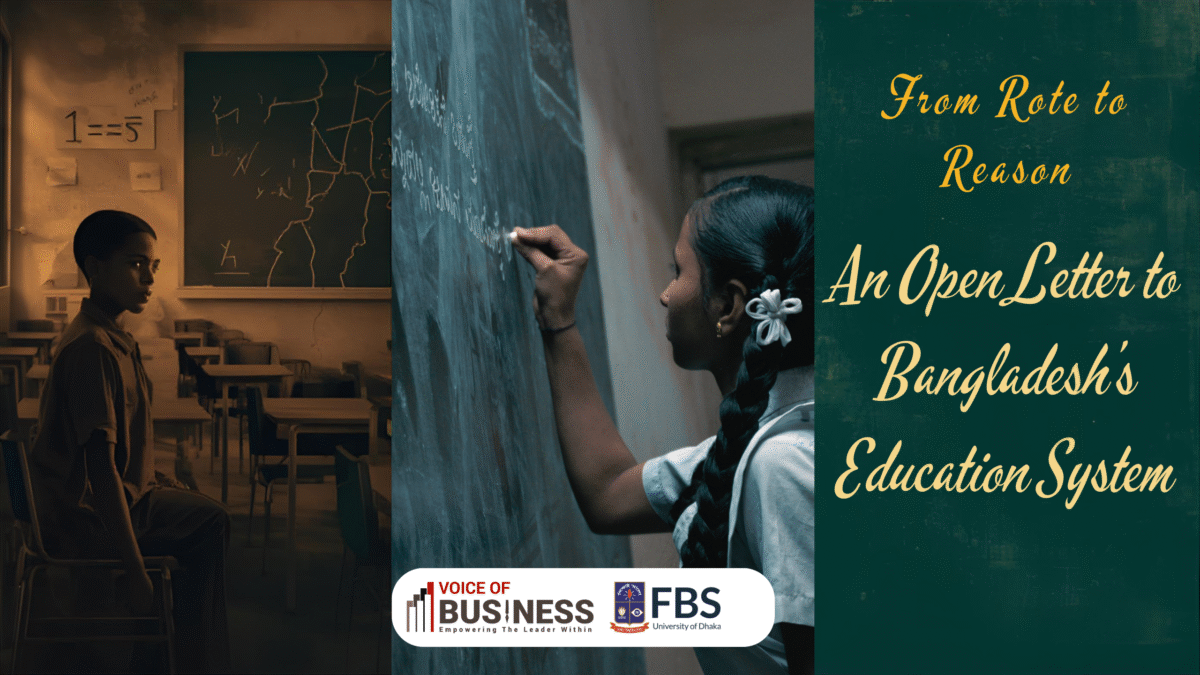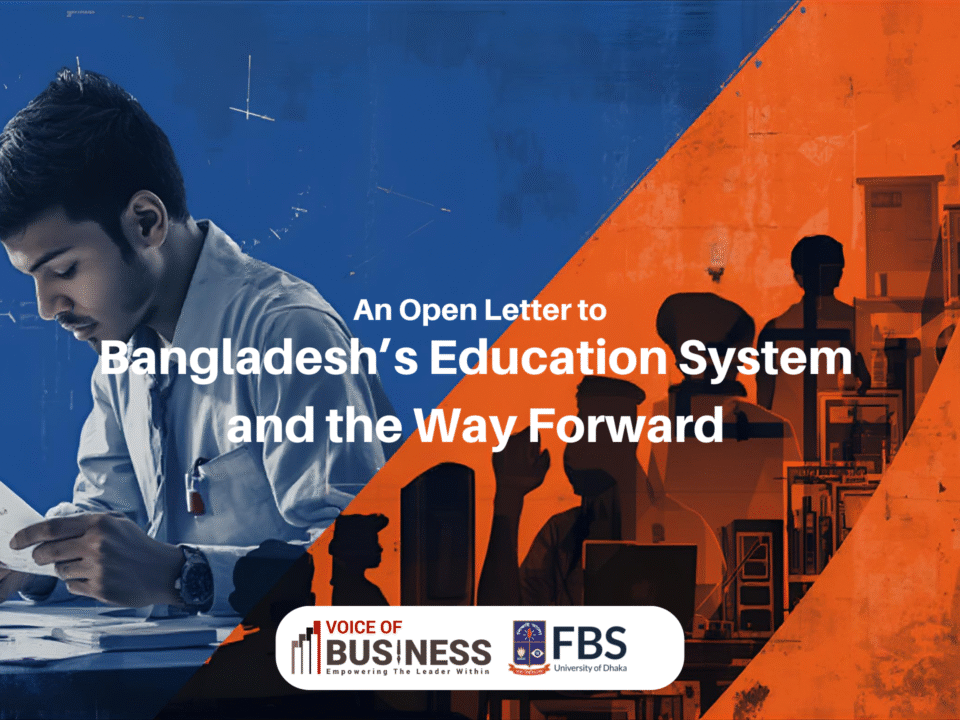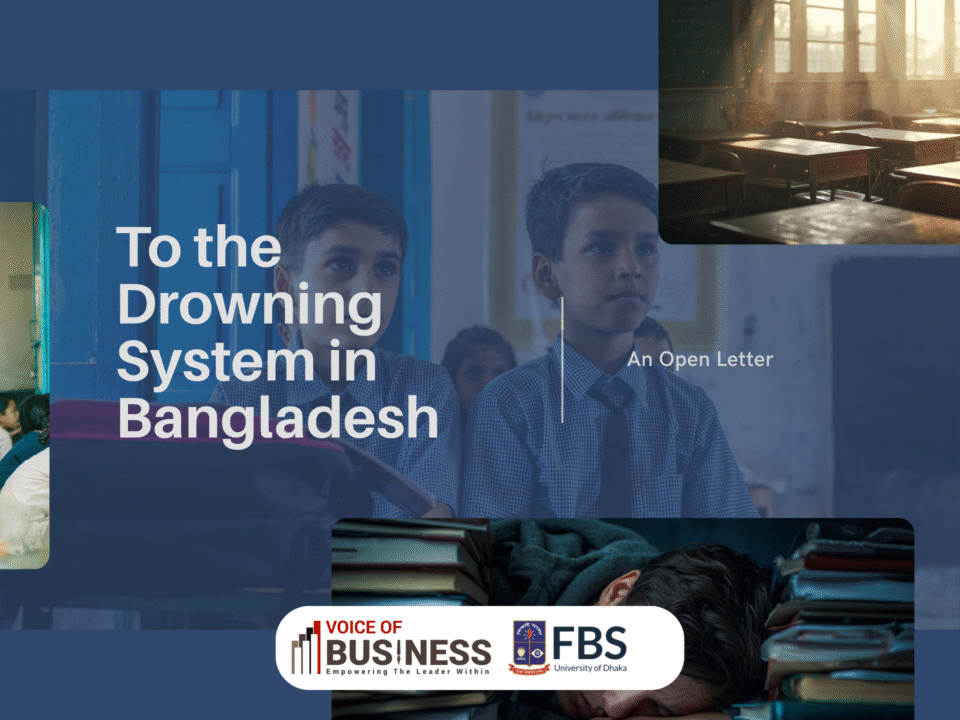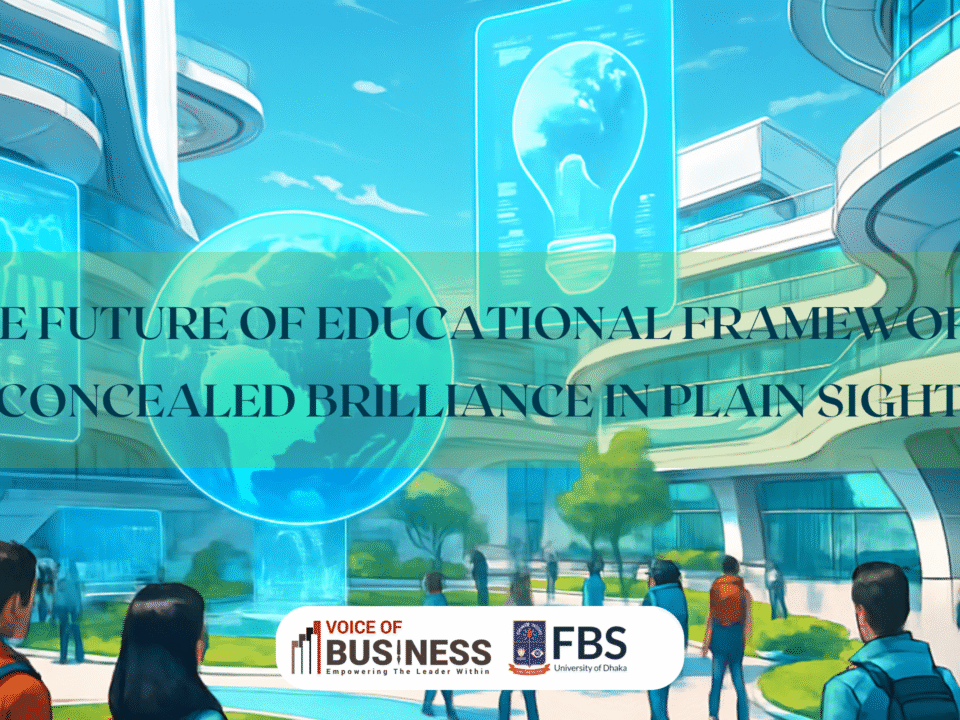From Rote to Reason: An Open Letter to Bangladesh’s Education System

When Excellence Fails Us: A Letter to the System That Forgot to Educate
August 24, 2025
A Clarion Call to Bangladesh’s Education System
August 25, 2025There might be thought behind how our education system is currently designed. But I believe the saying that there’s always room for improvement. Over the years, the education board has tried to bring changes—adopting new curriculum , introducing reforms but the problem often arises during implementation. Ideas are introduced, but putting them into practice in meaningful ways remains a major challenge. Real learning doesn’t come from policy alone—it comes from action.
If we look at the overall progress of our education system, the changes are often too small to notice. As a student in Bangladesh, I have personally struggled to cope with the rigid structure of learning. It often feels like we are being fed what the system wants us to remember, rather than being inspired to think critically or creatively. Is this truly helping us? Or are we just preparing to pass exams and move on without actually understanding the world around us?
Change is never easy—for learners or for educators. But the issue is bigger than just classrooms. The entire country needs to shift its understanding of what education truly means. Society needs to ask: Are we raising thinkers, problem-solvers, and innovators—or just exam-takers?
Let me share a real story. A student once chose not to memorize a paragraph from the book. Instead, he used his own creativity to write it in his own words. His writing was thoughtful and original—but instead of being appreciated, he lost marks. The teacher suspected it was copied because it didn’t match the textbook exactly. That kind of response can damage a student’s confidence. It teaches students that creativity isn’t welcome—that only memorization counts. And that’s how creativity begins to die.
I am not saying that learning facts and information is bad. But what is the point of memorizing something if we cannot apply it in real life? And is it only the teacher’s fault? Not really. The issue runs much deeper. As a society, we’ve reduced education to a competition—a race to be first. The top scorers are praised, awarded, and celebrated. But
what about the students who worked hard and improved themselves, even if their grades weren’t the highest? Why are they not recognized?Maybe that is how the curriculum is set.
To fix the education system, all of us must take responsibility—teachers, parents, policymakers, and students. We need to support learners according to their individual abilities and potential. Exams are not the enemy, but they should not be the only way we measure worth. Even some of the brightest graduates today remain unemployed, not because they lack intelligence, but because they lack skills the real world demands—like communication, problem-solving, and creativity (World Economic Forum, 2020). How can we expect students to develop those skills if they’re never encouraged to think beyond the textbook?
Unfortunately, many educational institutions today have turned into business establishments, prioritizing profit over purpose. This issue deserves serious attention from the education board. Regular sessions and workshops should be organized to guide and encourage these institutions toward becoming inclusive, learner-centered environments. If we begin improving each part of the education system—step by step—there will come a day when it shines brighter. Even if we don’t immediately see the benefits, future generations will surely witness the light of true educational progress.
The current curriculum limits students’ ability to explore their interests. They are often restricted by outdated syllabus, pressure from parents, and societal expectations. Students are told what to think instead of how to think. But education is supposed to be about growth—not just marks. As Robinson (2006) argued, schools often kill creativity by enforcing conformity instead of nurturing curiosity and divergent thinking.
Now imagine a classroom where students are appreciated for their effort, not humiliated for their mistakes. A place where teachers guide students to discover their strengths and help them develop confidence. A system where parents understand that success isn’t just about grades, but about building a meaningful life. This is possible, but it requires collaboration. Change won’t come overnight, but that doesn’t mean we shouldn’t start.
The education board, supported by the government, has the power to lead this transformation. Yes, some people will resist change—especially if it’s sudden. That’s why we need slow, thoughtful reform. The curriculum should focus more on comprehension, engagement, and critical thinking. Teacher training must go deeper, beyond classroom management, to include mentorship, creativity, and emotional support (OECD, 2019).
There should be a balanced combination of both factual knowledge and creativity to truly enhance education. Instead of simply replicating the approaches of other countries, our government should design a curriculum and execute accordingly that is more goal-oriented, practical, and communicative—one that addresses our unique context and needs. Imagine a nation where intelligence develops naturally through meaningful and inclusive education. At the end of the day, what we truly need is not just a generation of top scorers, but a society of good human beings—something we risk losing in the relentless pace of this competitive race.
The Education Board should focus on implementing a learner-centered, inclusive system that prioritizes creativity, comprehension, and critical thinking over rote memorization. Regular effective teacher training, curriculum updates, and alternative assessments must be introduced to meet the needs of a changing world. The number of exams should be reduced. Instead of testing how much a student can memorize, assessments should measure growth, understanding, and the ability to apply knowledge (UNESCO, 2020). The focus needs to shift from grades to growth.
We can’t continue treating all students the same way. Every child has different talents, different dreams, and different challenges. Our education system should reflect that. It should be flexible, inclusive, and forward-thinking. If we continue to value only ranks and marks, we’ll keep losing the real potential of our future.
Author: Tanmin Jahan Mary
Position: 7th (WC 2025)
Institution: East West University
